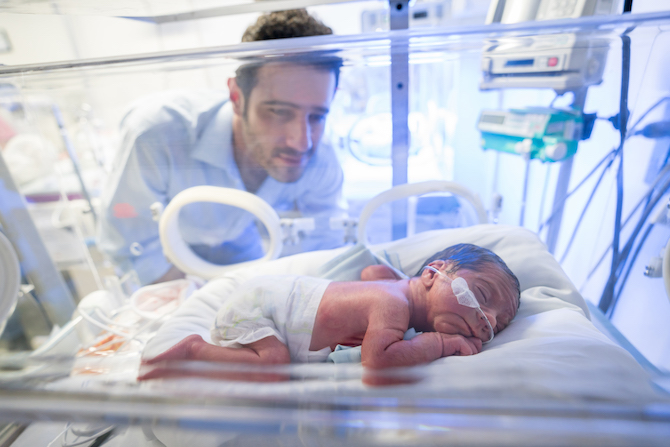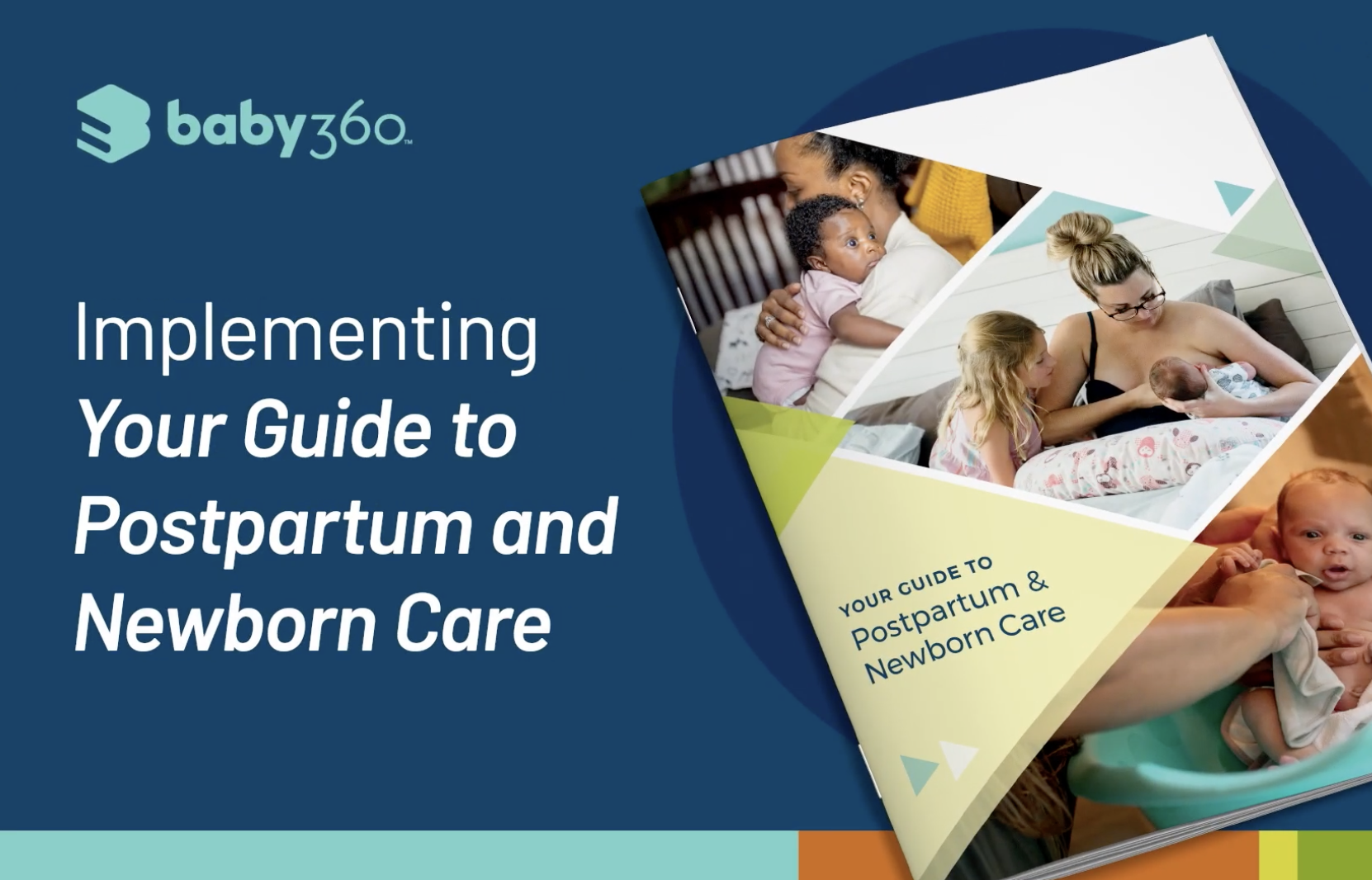We are pleased to honor the hard work and commitment of neonatal nurses and neonatal APRNs during Neonatal Nurses Week 2021, September 13-19. This well-deserved celebration was established in 2000 by the National Association of Neonatal Nurses (NANN) to recognize the dedication and efforts of the highly specialized neonatal professionals who provide hope and care for the hospital’s tiniest patients and their families.
When a baby is born prematurely or with a critical illness or condition, today’s neonatal intensive care unit (NICU) — also called an intensive care nursery (ICN) or special care nursery (SCN) — has the specialized equipment, advanced technology, and experienced health professionals to give that baby the best chances to survive.
But it hasn’t always been that way.
Up until the early 1950s, most premature and at-risk newborns were sent home without any specialized care or interventions. And many did not survive past their first birthday. Looking back at the early pioneers of neonatal medicine makes it even easier to appreciate how far we’ve come since the first French obstetrician looked at a farmer’s egg incubator and had an idea.
Neonatal Care Pioneers
As early as the 17th century, doctors and scientists had begun writing about the care of premature and at-risk newborns. By the late 19th century, rudimentary special care methods were being developed to support these babies. But it wasn’t until after World War II that hospitals began to create the “Special Care Baby Units” that would eventually become today’s NICUs.
The following medical pioneers made significant early contributions to the growth and advancement of neonatal medicine:
- Dr. Etienne Stephane Tarnier (1828-1897) was a French obstetrician who is remembered for his work involving the treatment and well-being of premature infants. Dr. Tarnier understood that premature babies were often unable to produce their own heat and needed an external source of heat and humidity to help them stay warm, grow, and gain weight. Following the model of French farmers who used heated boxes to hatch chicken and other poultry eggs, Dr. Tarnier created a simple isolette that became an early prototype for the modern incubator.
- Dr. Pierre-Constant Budin (1846-1907) was another French obstetrician who devoted his career to caring for at-risk babies and reducing infant mortality. His major contributions included educating new mothers about proper nutrition and hygiene, advocating for the use of breast milk instead of cow’s milk, and promoting the use of gavage (a feeding tube inserted into the stomach) to help nourish premature babies.
- Martin Arthur Couney (1869-1950) was born in Poland, and although it is unclear whether he had any medical training, he eventually became known as the “Incubator Doctor.” It is generally accepted that he apprenticed under Dr. Budin in Paris, learning about the value of incubators in saving premature babies. He is best known for displaying living babies inside incubators during expositions and fairs and charging admission. Ethics aside, through publicity across Europe and eventually in the U.S., he raised enough awareness about caring for premature babies that before he died in 1950, incubators were beginning to appear in a number of public hospitals.
Birth of the NICU (1950s-1970s)
The growing awareness that heat and humidity could increase the survival rates of at-risk babies encouraged more hospitals to create infant special care units. Other discoveries and advancements quickly followed, including more widespread use of the Hess incubator. Invented by Dr. Julius Hess at the Reese Hospital in Chicago, the Hess incubator delivered oxygen, as well as heat and humidity, to at-risk babies.
Another modern pioneer was American neonatologist Dr. Louis Gluck, whose research highlighted the risk of infection to newborns — especially premature babies. Dr. Gluck was convinced that infections were more likely to be caused by poor hand hygiene than by other babies in the special care unit. This knowledge prompted him to not only create new handwashing protocols, but to also redesign the special care nursery, placing all isolettes and incubators in one room instead of individual cubicles. Based on Dr. Gluck’s redesign, the first American NICU was opened in October 1960 at Yale New Haven Hospital.
Evolution of the Modern NICU
In August 1963, Jacqueline Kennedy, wife of President John F. Kennedy, gave birth to a son several weeks early. The baby only survived 2 days after birth, with his death attributed to what is now called neonatal respiratory distress syndrome. At the time, this well-publicized birth and death brought a great deal of public and professional attention to the medical challenges faced by premature babies.
From the mid-1960s through the 1990s, medical science and technological advances continued to advance, making it possible for almost any baby born alive to have a chance at survival. As multiple births became more common, success stories often received extensive coverage in print and broadcast news media. This also helped draw attention to the NICU care given to both multiples and preemies.
By the late 1990s, neonatal intensive care was available for babies in almost every part of the country, with entire teams of highly trained medical specialists responding to the needs of at-risk babies, their parents, and the public.
Looking Ahead
These days, advanced technology, innovation, and the dedication of highly trained NICU professionals continue to transform the lives of at-risk and premature babies, giving them the best chance to survive what used to be impossible odds. It is amazing to look back and see how far neonatal medicine has come. And even more amazing to imagine how far medical science and skilled, caring professionals like those we celebrate during Neonatal Nurses Week can take us.

